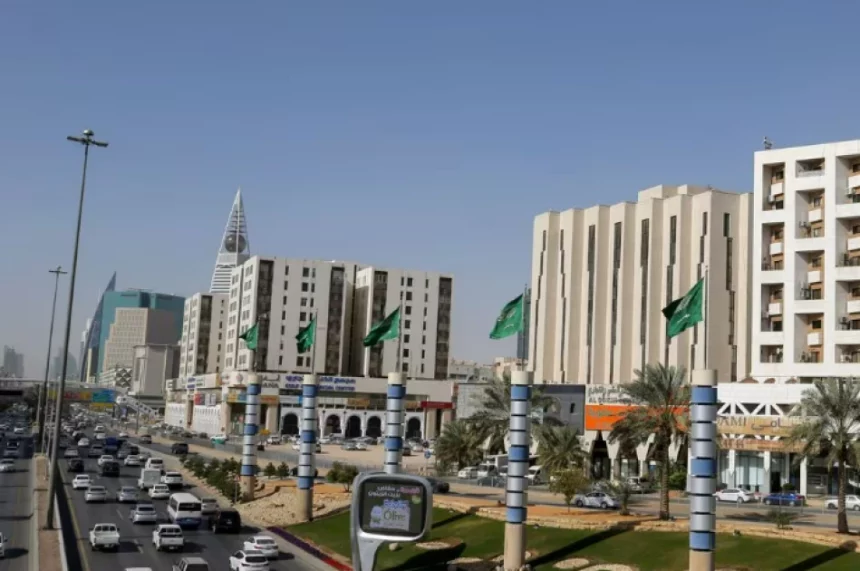Saudi Arabia is preparing to open its first alcohol store in the capital Riyadh which will serve exclusively non-Muslim diplomats, according to a source familiar with the plans and a document.
Customers will have to register via a mobile app, get a clearance code from the foreign ministry, and respect monthly quotas with their purchases, said the document, which was seen by Reuters.
The move is a milestone in the kingdom’s efforts, led by Saudi Crown Prince Mohammed bin Salman, to open the ultra-conservative Muslim country for tourism and business as drinking alcohol is forbidden in Islam.
It is also part of wider plans known as Vision 2030 to build a post-oil economy.
The new store is located in Riyadh’s Diplomatic Quarter, a neighbourhood where embassies and diplomats reside, and will be “strictly restricted” to non-Muslims, the document said.
It was unclear if other non-Muslim expatriates would have access to the store. Millions of expatriates live in Saudi Arabia but most of them are Muslim workers from Asia and Egypt.
A source familiar with the plans said the store is expected to open in the coming weeks.
Saudi Arabia has strict laws against drinking alcohol which can be punishable by hundreds of lashes, deportation, fines, or imprisonment and expatriates also face deportation. As part of the reforms, whipping has largely been replaced by jail sentences.
Alcohol has been available only through diplomatic mail or on the black market.
The government on Wednesday confirmed reports in state-controlled media that it was imposing new restrictions on alcohol imports within diplomatic consignments.
Its Center of International Communication (CIC) said the new regulations had been introduced to counter the illicit trade of alcohol goods and products received by diplomatic missions.
“This new process will continue to grant and ensure that all diplomats of non-Muslim embassies have access to these products in specified quotas,” the CIC said in a statement to Reuters.
The statement did not address the planned alcohol store but said the new framework respected international diplomatic conventions.
Saudi Arabia, which was relatively closed off for decades, has in recent years relaxed strict social codes, such as segregating men and women in public places and requiring women to wear all-covering black robes, or abayas.
Prince Mohammed’s tightening grip on power has been accompanied by changes which included opening the country for non-religious tourism, concerts and allowing women to drive, as well as a crackdown on dissent and political rivals.
Vision 2030 also includes developing local industries and logistics hubs and aims at adding hundreds of thousands of jobs for Saudi nationals.



